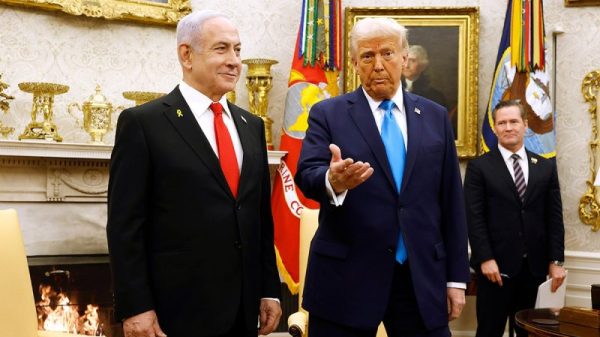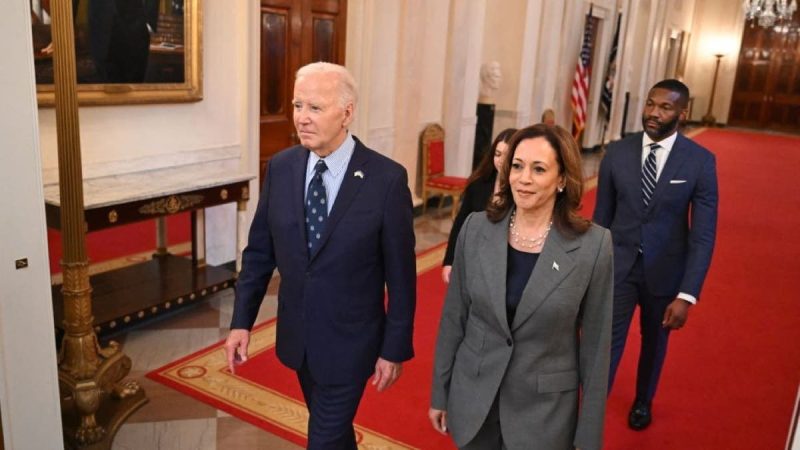In recent months, the Biden-Harris administration’s approach to the conflicts in Ukraine and Israel has come under scrutiny for what experts are calling substantial differences in treatment. While both situations involve complex geopolitical dynamics, the response from the United States has varied significantly, raising questions about the administration’s foreign policy priorities and strategies.
The conflict in Ukraine, particularly in the eastern region of Donetsk and Luhansk, has been ongoing for several years, with Russia providing support to separatist forces. The Biden-Harris administration has taken a firm stance against Russian aggression in Ukraine, imposing sanctions and providing military aid to the Ukrainian government. Experts point to the administration’s efforts to strengthen ties with NATO allies in response to Russia’s actions, signaling a commitment to supporting Ukraine’s sovereignty and territorial integrity.
In contrast, the situation in Israel and Gaza has seen a different approach from the Biden-Harris administration. The recent escalation of violence between Israel and Hamas prompted calls for a ceasefire from the international community, with the United States playing a key role in brokering an agreement. While the administration expressed support for Israel’s right to self-defense, it also emphasized the need for a peaceful resolution to the conflict and called for de-escalation efforts.
Experts note that the administration’s handling of the conflicts in Ukraine and Israel reflects a nuanced approach to diplomacy and crisis management. The differing strategies employed in each situation highlight the complexity of U.S. foreign policy in navigating multiple global challenges simultaneously. Critics argue that the administration’s response to these conflicts lacks a cohesive and consistent foreign policy doctrine, leading to mixed messages and outcomes.
The administration’s handling of the Ukraine and Israel conflicts also raises questions about its broader foreign policy priorities. Some experts suggest that the administration’s focus on rebuilding alliances and multilateral cooperation has influenced its responses to these crises. By engaging with international partners and organizations, the administration aims to address global security threats and promote democratic values on the world stage.
Overall, the Biden-Harris administration’s treatment of the conflicts in Ukraine and Israel showcases the complexities and challenges of modern international relations. As the United States navigates a rapidly evolving geopolitical landscape, its foreign policy decisions will continue to shape global dynamics and impact the lives of millions around the world.


































